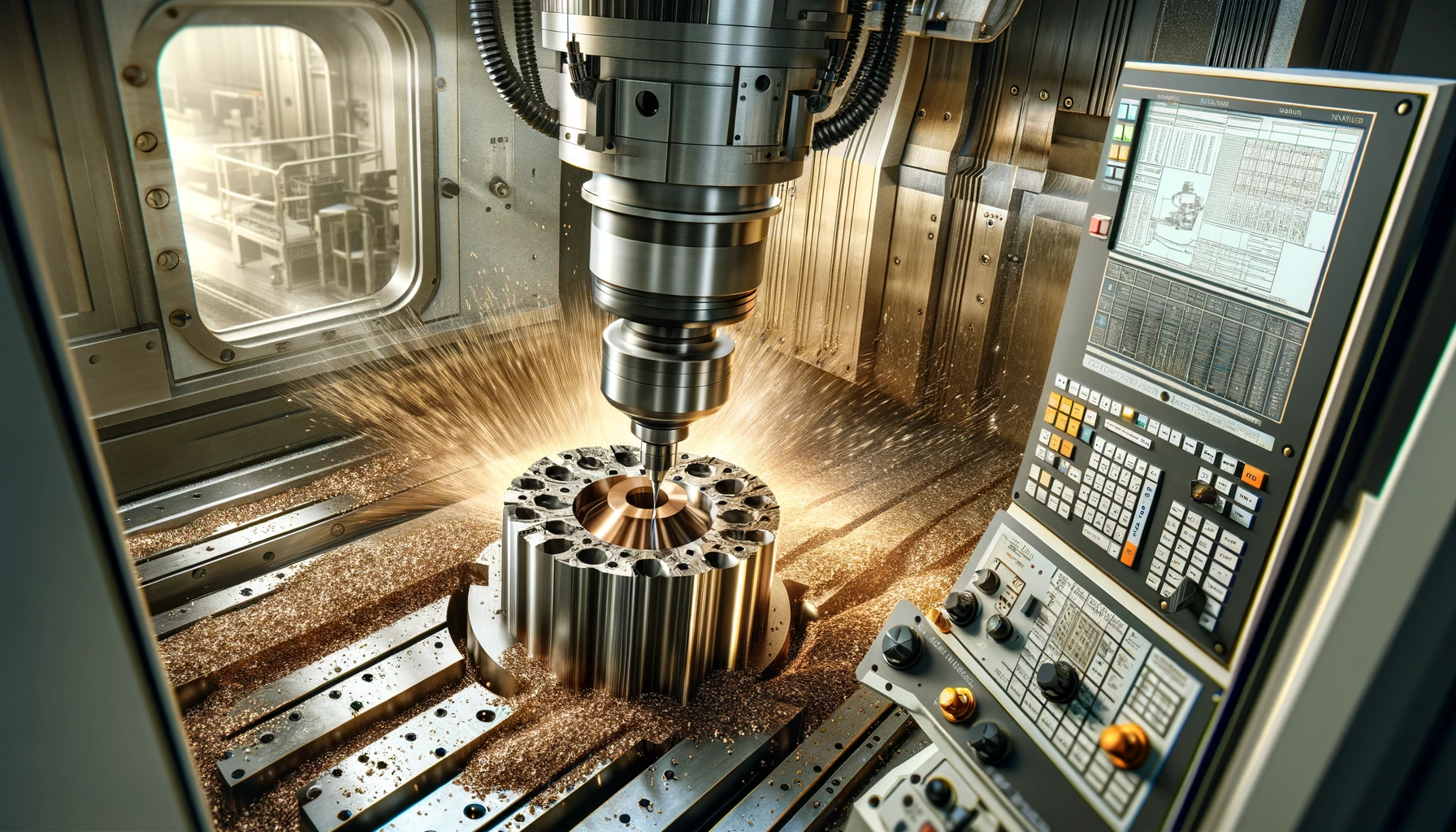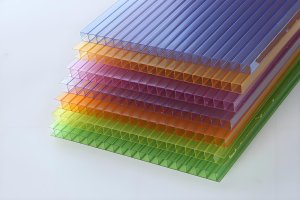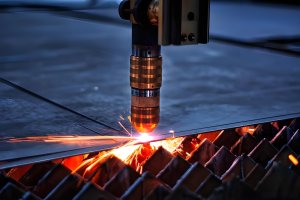The Specific Needs for CNC Machining of Bronze Parts
Bronze is a preferred material for components that require high strength, excellent corrosion resistance, and superior fatigue endurance. However, the specific needs for CNC machining bronze stem from its varied alloy compositions, which can include elements like tin, aluminum, and nickel. Each alloy type presents different machining behaviors:
- Tool Selection: Bronze is abrasive to cutting tools due to its hardness, necessitating the use of high-speed steel or carbide tools to enhance durability.
- Machining Speeds and Feeds: The machining parameters must be carefully adjusted based on the bronze alloy to avoid work hardening and to extend tool life.
- Cooling Requirements: Adequate lubrication is crucial to prevent sticking and overheating, as bronze tends to generate significant heat during machining.
- Finishing Processes: Given bronze’s aesthetic appeal, a high-quality finish is often required, involving additional steps like polishing and buffing.
What Technical Challenges Does Bronze Pose for Precision CNC Machining?
Machining bronze presents several technical challenges that can significantly impact production efficiency and component quality:
- Work Hardening: Unlike softer metals, bronze hardens under the stress of machining, which can lead to premature tool wear and potential part failure if not managed properly.
- Material Inconsistency: Variations in alloy composition can affect machining consistency. Suppliers must ensure batch consistency to maintain uniformity in machining parameters.
- Complex Geometries: The toughness of bronze can make it difficult to achieve intricate details, which are often required in decorative or functional components like gears and bearings.
- Surface Oxidation: Bronze can quickly oxidize when exposed to air during machining, affecting the surface quality and necessitating immediate post-machining treatments.
What Are the Critical Machine Capabilities for Machining Bronze?
- High-Precision Spindles: Necessary to achieve the precision required for intricate bronze parts.
- Robust Cooling Systems: Essential to prevent the overheating that can lead to work hardening.
- Tool Monitoring Systems: To manage the wear and tear on cutting tools caused by bronze’s hardness.
Case Study: A supplier successfully machined complex bronze components for a marine application by using a CNC machine equipped with a high-precision spindle and an adaptive cooling system, leading to a 20% increase in tool life and a reduction in production downtime.
How Should Suppliers Manage Quality Control for Bronze Parts?
- Stringent Dimensional Inspections: Using technologies like CMMs ensures parts meet tight tolerances.
- Surface Finish Requirements: Regular checks to maintain the aesthetic and functional quality of bronze parts.
- Material Quality Assurance: Ensuring the bronze alloy’s composition meets the specified requirements for the application.
Quality Control Measures Table:
| Process Step | Inspection Tool | Tolerance (mm) | Frequency | Pass Criteria |
|---|---|---|---|---|
| Initial Cutting | CMM | ±0.005 | Per batch | 99% |
| Milling | Laser Scanner | ±0.010 | Every hour | 98% |
| Finishing | Visual Inspection | N/A | Per piece | No defects |
| Assembly | Manual Fit Test | ±0.010 | Per assembly | 100% fit |
What After-Sales Services are Essential for CNC Machined Bronze Parts?
Effective after-sales services are crucial for maintaining the longevity and performance of CNC machined bronze parts:
- Technical Support: Suppliers should offer comprehensive technical support to assist with any operational challenges that customers face during the installation or use of bronze parts.
- Replacement Part Availability: Quick access to replacement parts is crucial for minimizing downtime, especially in critical applications such as marine or industrial machinery.
- Warranty Services: A robust warranty on bronze parts reassures customers of the quality and reliability of the product.
- Customization Services: Post-sale customization options can help clients adapt purchased parts to evolving needs or correct initial design limitations.
- Training Programs: Training customer teams on best practices for handling, maintaining, and repairing bronze parts can significantly enhance their lifespan and performance.
How Can Suppliers Enhance Customer Satisfaction Through Service Quality?
- Responsive Customer Service: Quick and effective responses to customer inquiries and issues.
- Customization Capabilities: Ability to adapt and customize parts according to specific customer needs.
- Technical Training and Support: Offering training sessions to help customers understand and efficiently use the bronze parts.
What Are the Best Practices for Continuous Improvement in Supplying Bronze Parts?
- Regular Feedback Loops: Gathering and acting on customer feedback to continuously improve product quality and service.
- Investment in Technology: Continual upgrading of technology to stay ahead in precision machining capabilities.
- Staff Training Programs: Ongoing training for staff to enhance their skills in CNC machining and customer service.
Continuous Improvement Table:
| Year | Improvement Initiative | Resulting Benefit |
|---|---|---|
| 2021 | Introduction of automated CMMs | 15% faster inspections |
| 2022 | New alloy testing protocol | 20% reduction in material defects |
| 2023 | Enhanced customer training program | Increased customer satisfaction by 25% |
How to Evaluate the Long-term Reliability of Suppliers for Bronze CNC Machining?
Evaluating the long-term reliability of suppliers involves several critical considerations:
- Historical Performance: Review the supplier’s track record for consistency in quality and delivery times. Long-standing relationships with other clients serve as a testament to reliability.
- Quality Assurance Processes: Reliable suppliers should have ISO certifications and adhere to stringent quality control measures throughout the machining process.
- Financial Stability: Financial health is a good indicator of a supplier’s ability to invest in quality materials, advanced technology, and skilled personnel.
- Innovation and Adaptability: Suppliers that continually invest in technological advancements and adapt to industry changes are more likely to provide long-term reliability.
- Supplier Audits: Regular audits can help assess the supplier’s operational practices and commitment to quality.
Other Articles You Might Enjoy
- What Criteria Are Crucial When Selecting a Supplier for Precision CNC Machining of Bronze Parts?
Introduction to Precision CNC Machining of Bronze Parts Precision CNC machining stands as a pivotal technology in the manufacturing of complex and high-quality bronze parts. Bronze, known for its durability…
- What are the common challenges in the process of precision CNC machining bronze parts?
What Materials Considerations Are Crucial for CNC Machining Bronze? Bronze alloys vary widely in their composition and properties, impacting their machinability and the quality of the final product. Key considerations…
- What are the advantages of using precision CNC machining to produce bronze parts for food automation machinery?
Introduction to Precision CNC Machining for Bronze Parts Precision CNC machining is a critical manufacturing process used to produce highly accurate and intricate bronze parts. This process involves the use…
- Aluminum CNC Machining Service for Custom Parts
Aluminum CNC machining stands at the forefront of modern manufacturing, epitomizing precision, versatility, and efficiency. With its widespread applications across industries ranging from aerospace to automotive and beyond, aluminum CNC…
- Improve the Precision of Your CNC parts
In some industries, precision machining is more essential than in others. For example, medical devices, certain parts, and products must be reliable and always work. The doctor must direct the…
- Applications and Advantages of Bronze CNC Machining
1. Introduction: The Enduring Allure of Bronze in CNC Machining In this opening section, we explore the timeless appeal of bronze as a material for CNC machining. From its rich…






